|
In the interest of full self-disclosure, let me start by saying that I don’t like being scared. I’m not a fan of horror films and haunted houses have never been my thing. But, as a parent there are times when I’m absolutely A-Okay seeing my child experience fear. To take it a step further, I understand that it’s sometimes my responsibility to be the one who scares my child. Not everyday, and not for my own twisted enjoyment, but to teach important lessons and ensure safety. It may sound crazy, but there are two very specific times when it’s perfectly fine—important even—to thoughtfully scare your child.
#1: If your child is rapidly approaching danger. Every parent with a child who is mobile has undoubtedly experienced this. A toddler about to pull something heaving onto their head, a kid running blindly into a busy parking lot, or a teenager about to back out the driveway into oncoming traffic. In these situations, the best way to get your child to stop in their tracks is to capitalize on the startle response. That’s right; to scare them by using the biggest most serious voice you can conjure. That yell or shout you deliver when there’s no time to run interference or have a rational conversation is the equivalent of scaring your child on purpose to keep them safe. A few quick tips here:
#2: When your child is about to experience a real-life consequence that isn’t life threatening. When kids are charging head-on toward danger it’s easy to understand how fear can be a teaching tool (and a life saver!). Things can get a bit sticker if there’s no immediate threat, but still a lesson to be learned. For example, your son is happily playing at the park but is so interested in the game of tag he’s playing that he wanders away from you and when the kids scatter he realizes he’s “lost.” Your daughter calls you from the principal's office because someone circulated a screen shot of something she texted that was not very kind. Or, your teenager made a bad call and used a fake ID to get into an 18+ club and got caught by security. In all of these situations, the child made a decision and is experiencing the natural consequences of that decision hopefully accompanied by a healthy dose of fear. As a parent, it’s important to resist the urge to rescue and allow your child to be scared before you step in and offer support and guidance. Some things to consider here:
Join Dr. Stephanie O'Leary for "20-minute Tuesday" Facebook LIVE Sessions. CLICK below. POST your questions. SHARE with friends. TUNE IN for real world answers.
1 Comment
In case you didn’t have enough to keep up with while raising your kids, the rules have changed when it comes to kids and screen time. Just last week the American Academy of Pediatrics (AAP) met to update guidelines for 2017 giving parents new information on how to manage the amount of time kids spend in front of screens.
Before we get too far, I want to include a little disclaimer: These are guidelines. As a parent, you can do your best to follow them knowing that they are easier to create than they are to carry out on a daily basis. When kids are sick, when you’re sick, when you’re trying to get your child to sit still for a doctor's visit, or when you’re counting the minutes until your four-hour flight lands, well-chosen movies, games, and Apps can be a lifesaver. Let’s not throw that baby out with the bathwater while trying to make sure screen time doesn’t get out of hand. Okay, now that we have that out of the way, here are the most important take-away messages as well as some helpful tips on using the well-researched advice of doctors in the real world—where you and I both live. Infants (under 18-months) The AAP recommends no screens. Basically, pretend your child is allergic to screens. Also, try not to use screens around your child (TV, smartphone, etc). Here are my takeaways (coming from a mom who spent countless hours watching TV while feeding my babies because I didn’t have kids who ate quickly and efficiently and I was doing the all I could not to lose my mind):
Toddlers (18 to 24-months) The AAP says that a tiny bit of screen time is okay but only supervised, high-quality educational activities or use of screens to connect/socialize (think Skype or FaceTime chats with grandma). Here are some other things to keep in mind:
Preschool Years (ages 2-5) The new AAP guidelines suggest no more than one hour per day of educational screen time adding that parents should view with their children (just when you thought you had a guilt-free hour of peace!).
Kids (6 years and older) The AAP suggests that parents make sure kids do their schoolwork, socialize, get a least one hour of physical activity per day, and get ample rest (8-12 hours per night depending on age). What’s leftover can be used as screen time with careful selection of shows, games, Apps, etc. Unfrotunately, that’s a little less clear and with such a big age range lumped into a small category it’s hard to find the bottom line on how much time is too much time! Here’s what to focus on:
Want to talk more about how to parent in the real world?
Join Dr. Stephanie O'Leary for this week's "20-minute Tuesday" Facebook LIVE Session. CLICK below. POST your questions. SHARE with friends. TUNE IN for real world answers.
Parenting may be the most important job you have, but let’s be honest—it’s not always easy. No vacation days, no option to call out sick, and no fail-proof protocol to follow when things are getting out of control. Sure, kids are awesome and most of the time the good stuff outweighs the messy, stressful stuff, but even the steadiest parents out there may start to loose their balance from time to time. How do you know where you stand when it comes to managing your stress level and making sure it doesn’t sabotage your parenting? Take this quick quiz (count your YES’s based on how you’ve felt for the past two weeks) and find out:
RED ZONE: 4-5 YES’s Right now is a great time to stop worrying about your child(ren) and focus on self-care—unapologetically! Just like on the airplane, you have to put your oxygen mask on before you can help your kids. In order for you to bring your A-game as a parent, you have to take care of yourself as a person first. Want an action-plan to get things back on track? First, for the next week, accept that things will not change in terms of your parenting approach. This is totally fine because trying to reinvent that wheel when you’re down for the count won’t be productive and kids are resilient. Next, in order to regain your parental footing commit to taking time each day for yourself. If and when guilt, shame, or self-doubt shows up, notice them but don’t buy into their message. Know that just thinking or feeling something does not necessarily make it true (if that were the case, you would have definitely won the lottery by now!). Last, to really seal the deal, remind yourself every morning that prioritizing your needs is the absolute best way to put your best foot forward as a parent. YELLOW ZONE: 2-3 YES’s Some days are better than others, but stress is creeping in, getting the best of you, and turning parenting into a chore at times. Slowing things down and checking in with your self-care efforts now is the best way to regain your balance before things get too far off course. Commit to making sure you get enough rest and know that whatever you do at the end of the night after you’re past your limit is draining your resources rather than getting you ahead. Then see if there’s anything you’ve been putting off that can be moved to the top of your “to-do” list. Are you making it a priority to do things you enjoy even if they have nothing to do with parenthood? Is there a workout or yoga class you want to try but can’t find the time to schedule? Are you taking care of your physical and mental health? Are you taking steps you make sure you’re happy with your appearance? Even carving out ten minutes a day to do something that’s just for you—guilt-free, knowing that it will help you be the best part possible—is a great start. Finding an hour or two a week to devote to your needs is even better. GREEN ZONE: 0-1 YES's While there may be a bump in the road here and there, things are generally going well. To maintain this balance amidst the daily grind, take note of what you’re doing to recharge your batteries because it’s working! Continue these efforts, knowing that self-care trickles down to your child in a powerful way. When you make it a priority to meet your own needs you bring the best version of yourself to your parenting. As a bonus, you model this mindset for your child, which instills the importance of self-care and sets them up for long-term success when it comes to stress management. Moving forward, if you’re facing a busy week (especially as the holidays approach) resist the temptation to cancel your doctors visit, hair appointment, or even a phone call with a friend. Swapping out your “activities” for things that seem more important at the time can backfire and leave you depleted and overwhelmed. Holding your “me-time” sacred will help you keep the balance you’ve worked so hard to establish. P.S.- If you took the quiz and couldn’t think of a single time in your parenting career when you would have said yes to any one of the questions, you’re in the RAINBOW ZONE and you’re probably a unicorn (please message me if you make house calls). Want to talk more about how to parent in the real world? Join Dr. Stephanie O'Leary for this week's "20-minute Tuesday" Facebook LIVE Session. CLICK below. POST your questions. SHARE with friends. TUNE IN for real world answers. |
Stephanie O'Leary, Psy.D.
Sharing practical strategies that help parents rediscover joy in their children (even when someone's crying, the phone is ringing, and it smells like the house may be burning down) Archives
October 2017
Categories |
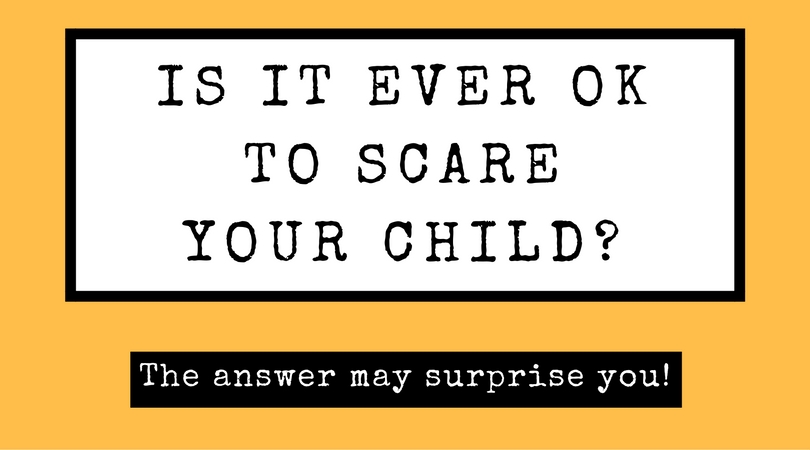
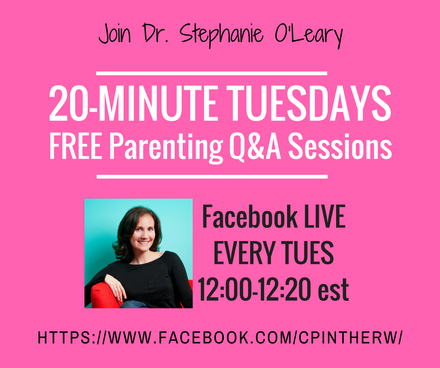

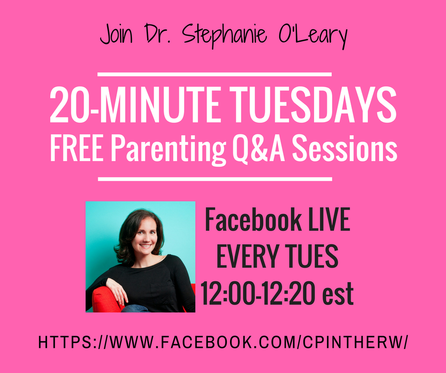
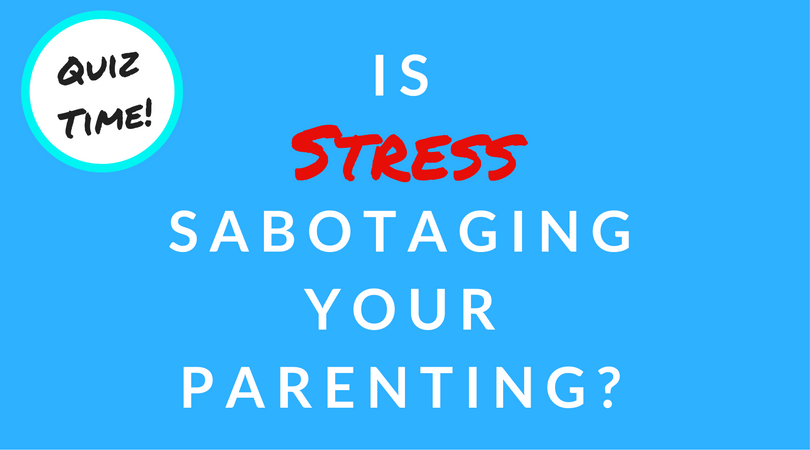
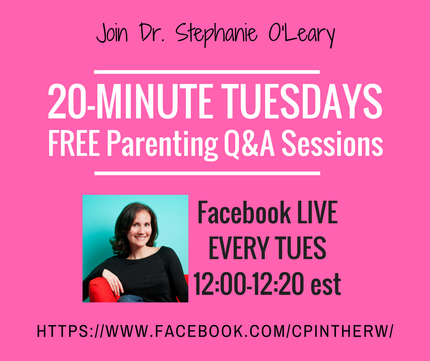
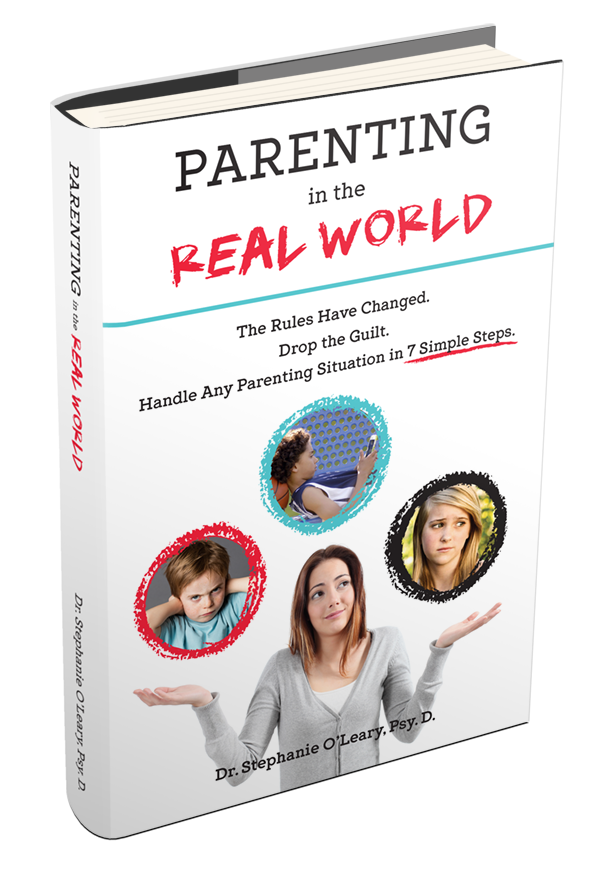

 RSS Feed
RSS Feed